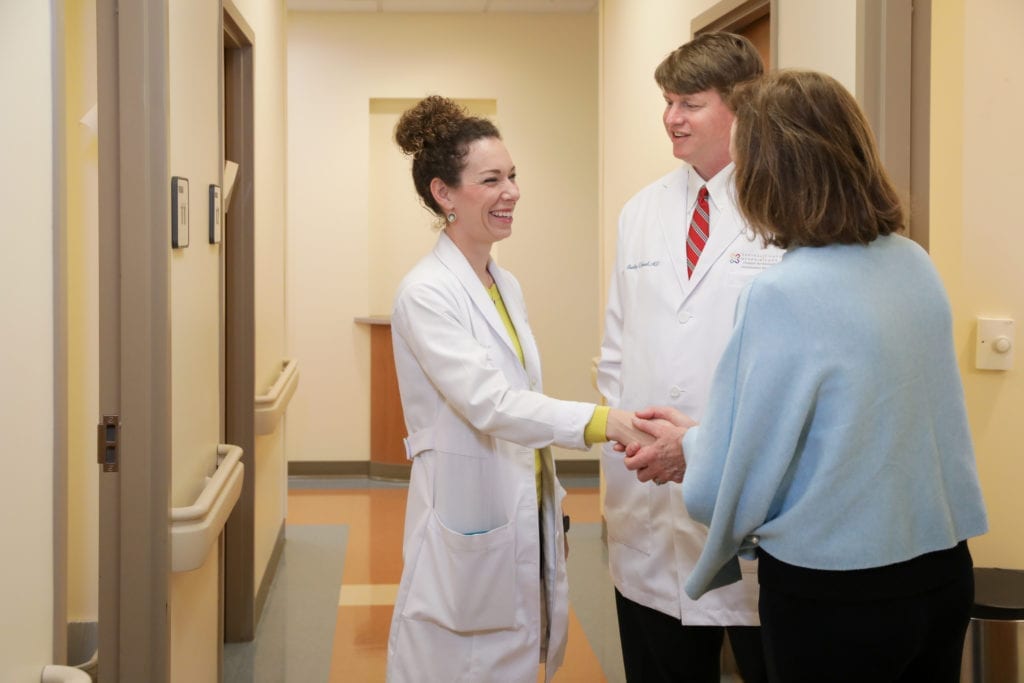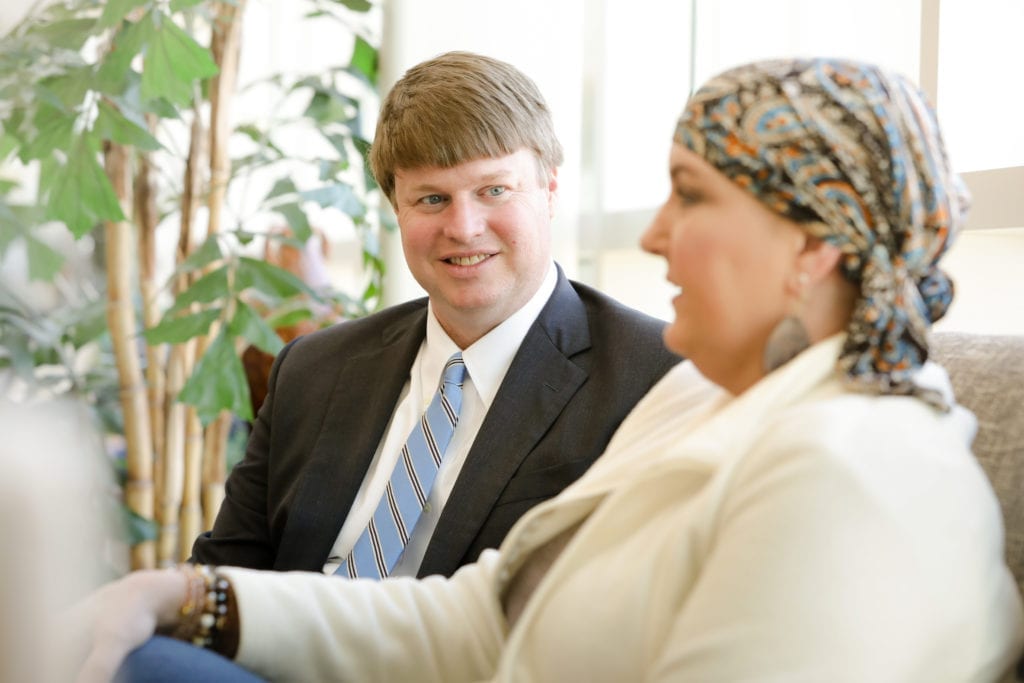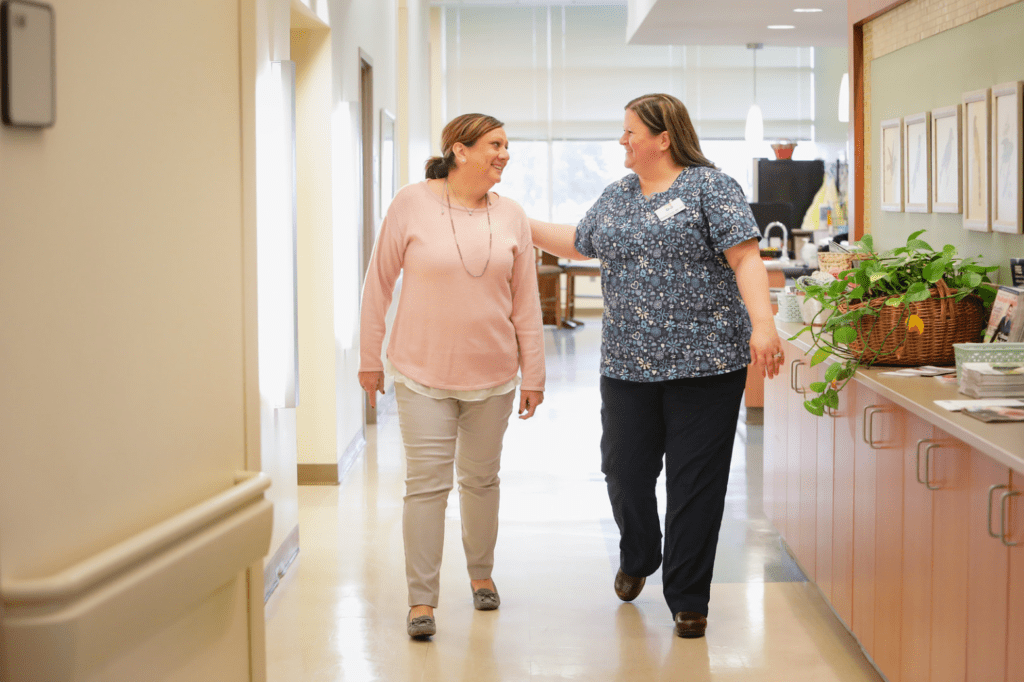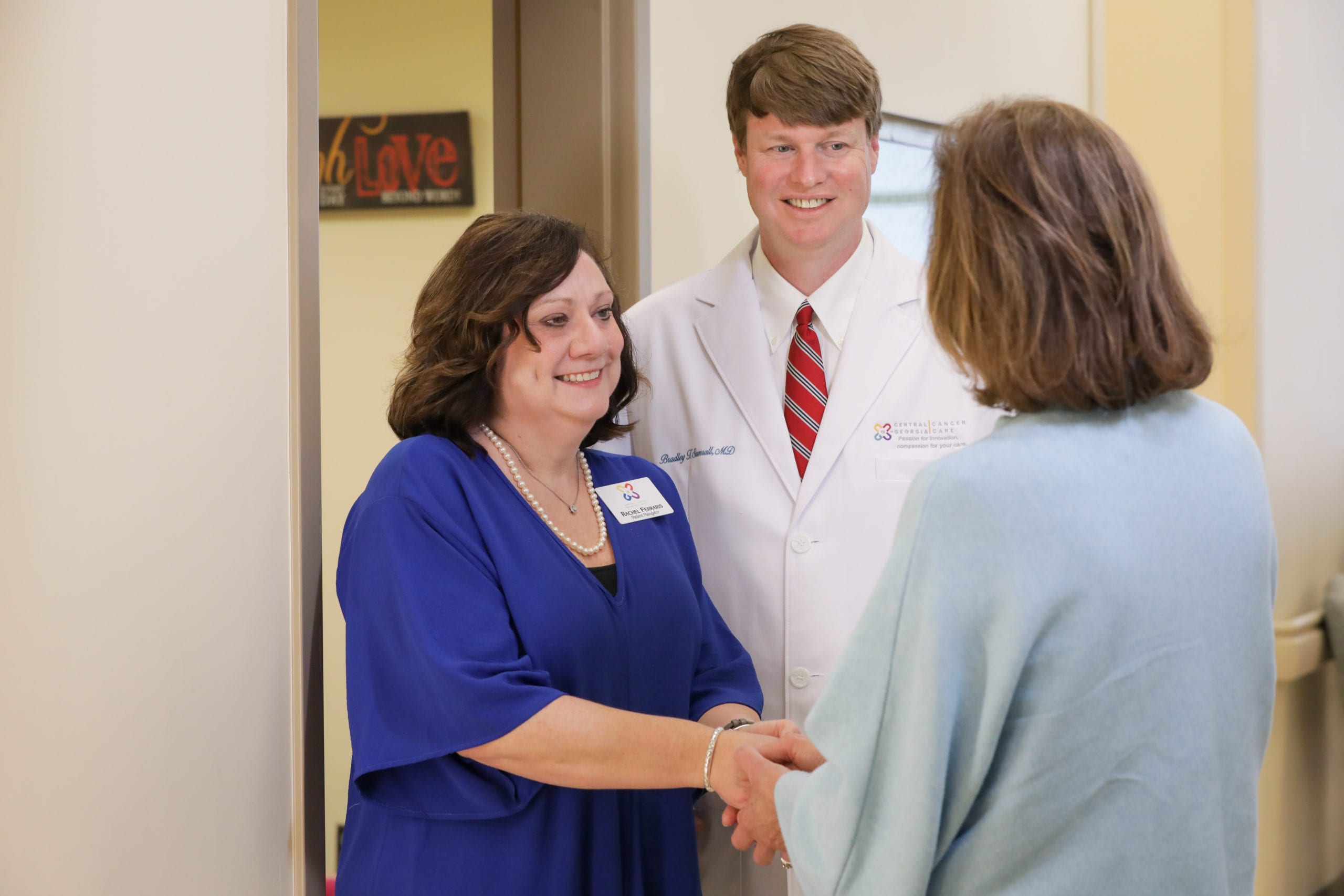Bladder Cancer What is Bladder Cancer?



What is Bladder Cancer?
Bladder cancer begins when healthy cells in the bladder lining change and grow out of control, sometimes forming a mass called a tumor. Most bladder cancers begin in the innermost tissue layer of the bladder and are called transitional cell carcinomas.
Symptoms to Report to Your Primary Care Doctor
There are several bladder cancer symptoms. Many people with bladder cancer can have blood in their urine but no pain while urinating. Other signs which may indicate advanced bladder cancer include fatigue, weight loss, and bone tenderness. You should report the following symptoms to your primary care doctor:
- Blood in the urine (slightly rusty to bright red in color)
- Pain during urination
- Frequent urination
- Urgent urination
- Urinary incontinence
- Pain in the abdominal area
- Lower back pain.
Types of Bladder Cancer Non-Muscle-Invasive & Muscle-Invasive
The diagnosis depends on whether it has grown into or through the muscle of the bladder wall.
Urothelial Carcinoma
Urothelial carcinoma, or transitional cell carcinoma (TCC), accounts for about 90% of bladder cancers. These cancer cells begin in the innermost tissue layer of the bladder and are able to stretch when the bladder is full and shrink when it is emptied. Most bladder cancers start in the transitional cells which can be low-grade or high-grade. Urothelial carcinoma can also start in the ureters, which brings urine from the kidneys to the bladder, and spread to the kidneys.
Low-Grade TCC
Low-grade transitional cell carcinoma can often recur (come back) after treatment, but rarely spreads into the muscle layer of the bladder or to other parts of the body.
Squamous Cell Carcinoma
Cancer which may form after a long-term infection or irritation. This cancer begins in squamous cells (thin, flat cells lining the inside of the bladder).
High-Grade TCC
High-grade transitional cell carcinoma often recurs after treatment and spreads into the muscle layer of the bladder, to other parts of the body, and to lymph nodes. Almost all deaths from bladder cancer are due to high-grade disease.
Adenocarcinoma
A very rare type of bladder cancer, adenocarcinoma begins in the glandular cells found in the lining of the bladder. Glandular cells in the bladder make substances such as mucus.
Second opinion Understanding Your Condition with a Second Opinion
Getting a second opinion means asking another physician to review all your medical reports and test results, give an opinion about your diagnosis and how it should be treated. CGCC is often asked for second opinions about a patient’s cancer diagnosis.
Second Opinion?
“Most bladder cancers are diagnosed at an early stage when the cancer is highly treatable. However early stage bladder cancer may recur in the bladder so we typically follow-up with these patients for years after treatment just to make sure everything is okay.”
Bradley T. Sumrall, M.D.
Questions Questions For Your Doctor
As your partners in health, Central Georgia Cancer Care wants you to be empowered to make informed decisions about your health care. Please feel free to ask any questions you may have, even those beyond the list that follows. It may also be helpful to bring someone along to your appointments to take notes.
- What type of bladder cancer do I have?
- What stage and grade are bladder cancer? What does this mean for me?
- Is the cancer invasive? If it is, has it spread to the muscle?
- Would you explain my treatment options?
- What clinical trials are available for me? Where are they located, and how do I find out more about them?
- What treatment plan do you recommend? Why?
- Who will be part of my treatment team, and what does each member do?
- What is the goal of each treatment? Is it to eliminate the cancer, help me feel better, or both?
- How will this treatment affect my daily life?
- Will I be able to work, exercise, and perform my usual activities?
- Could this treatment affect my sex life? If so, how and for how long?
- Will this treatment affect my ability to become pregnant or have children?
- What long-term side effects may be associated with my cancer treatment?
- If I’m worried about managing the costs of cancer care, who can help me?
- Where can I find emotional support for me and my family?
- If I have a question or problem, who should I call?

“Super smart and compassionate. Dr. Hendricks is awesome and super sweet!” – Corey

